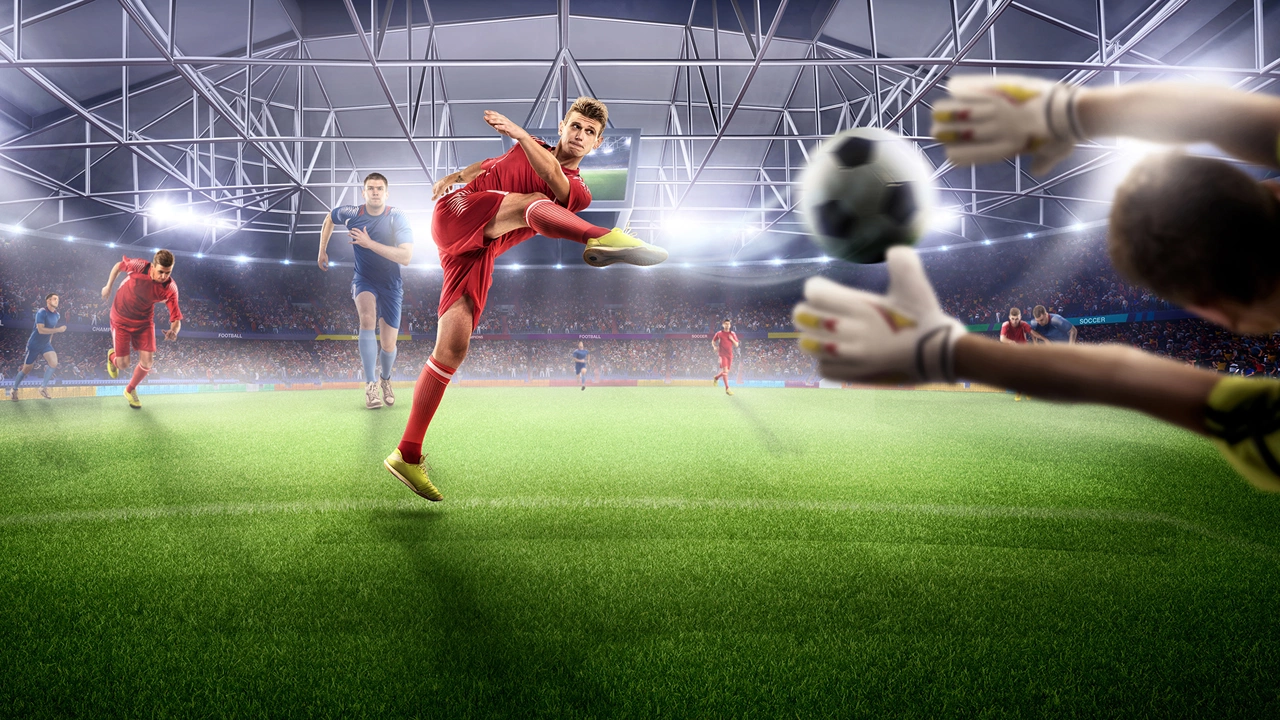Spontaneity – The Power of Acting on Impulse in Soccer and Life
When talking about Spontaneity, the ability to act quickly without over‑thinking. Also known as impulse action, it often drives Surprise, an unexpected outcome that catches everyone off guard and fuels Improvisation, the skill of adapting on the fly. At its core, spontaneity leans on Instinct, the gut feeling that tells you what to do in a split second. Together these concepts shape the moments that define a match, a training session, or any high‑energy scenario.
Spontaneity encompasses surprise, and surprise often sparks improvisation on the pitch. A sudden breakaway, an unplanned equaliser, or a goalkeeper’s instinctive dive are classic examples. For instance, Nathan Broadhead’s last‑minute goal for Wrexham was a perfect blend of instinct and opportunistic improvisation – he saw a loose ball, reacted without hesitation, and turned a tight game into a thrilling draw. Similarly, James Van Der Beek’s heartfelt video appeared only because of a spontaneous decision to record a message despite illness; the surprise element made the moment go viral. In fantasy soccer, a sudden pick‑up of an under‑the‑radar player can win a league – that’s spontaneity driving strategy through instinctive choices. These stories illustrate how the central idea of spontaneity links directly to surprise, improvisation, and instinct, creating a chain of cause and effect that keeps fans guessing.
Spontaneous Moments Shaping the Game
Every football fan knows that the most memorable matches are rarely scripted. A sudden tactical shift, like a manager pulling an unexpected striker forward in the final ten minutes, showcases improvisation born from instinct. The 2025 Ballon d’Or winner Ousmane Dembélé’s decisive run against a top defence was a textbook case of spontaneous brilliance – his instinct told him to cut inside, and the surprise element of his movement left opponents scrambling. Even off the field, initiatives like Hickory’s Smokehouse revamping a local pub demonstrate spontaneity in business: a quick decision to expand hours created 100 new jobs, a surprise boost to the community. Across all these examples, the pattern is clear: spontaneity fuels surprise, which then demands improvisation, all guided by instinct. That chain builds the excitement that keeps us watching, reading, and sharing.
Below you’ll find a curated list of articles that dive deeper into these spontaneous events – from clutch equalisers and unexpected video messages to bold business moves and daring fantasy picks. Whether you’re looking for a quick thrill or a deeper understanding of how instinct drives surprise, the collection offers practical insights and real‑world examples that illustrate the power of acting on impulse.
